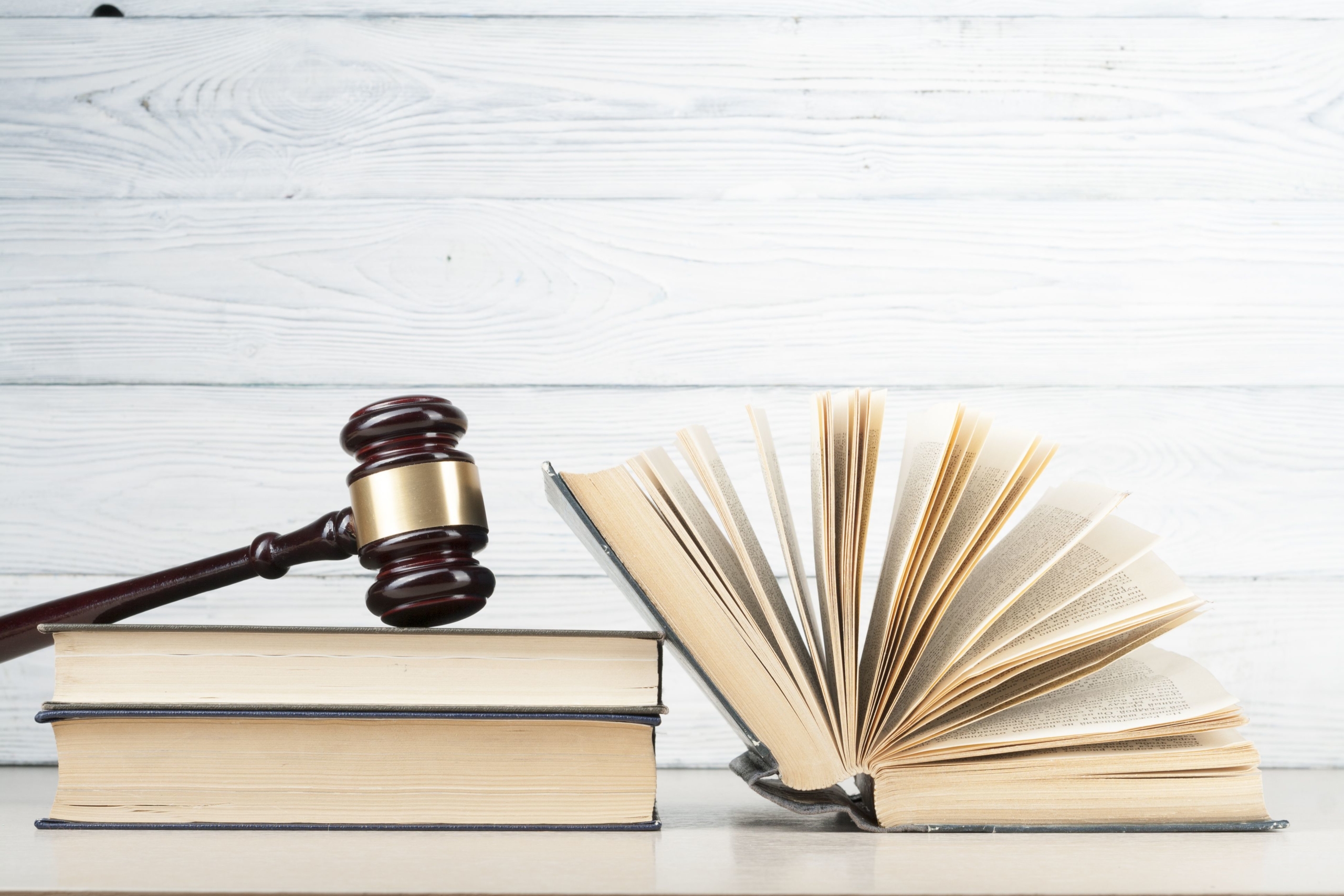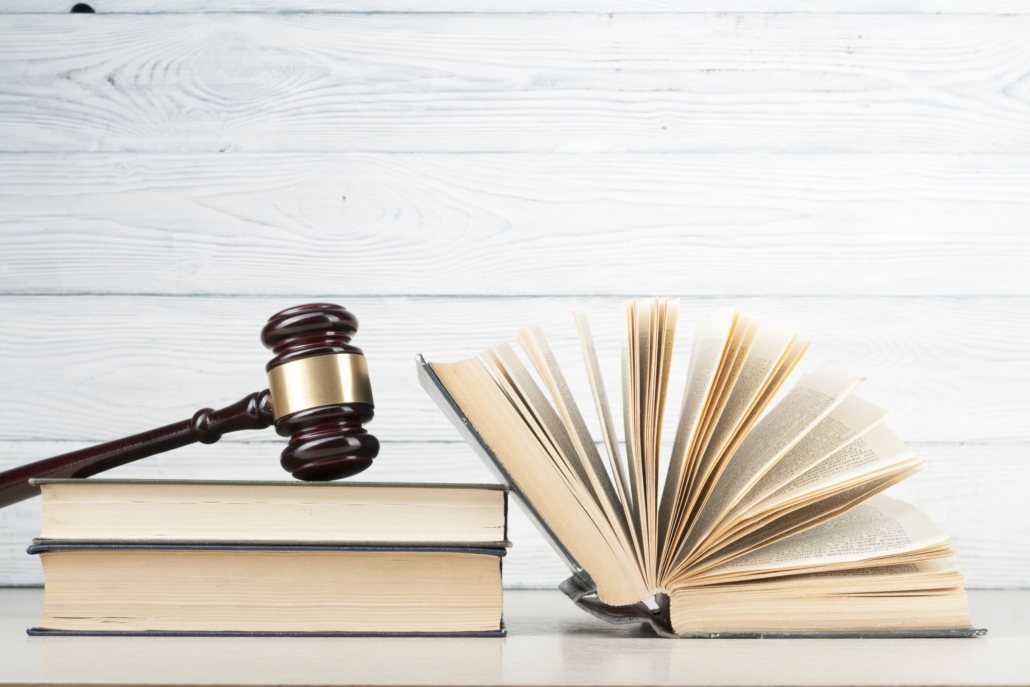For people who have had IVAs and CCJs as a result of bad credit, they can often wonder what financial options are available to them. Especially around the Christmas period where there is big gap between the December and January pay dates and an increase in household expenses, many can be left feeling anxious and without access to funds.

We explain what a CCJ is, how it works, how it is viewed by lenders and how you can borrow money with a CCJ.
What is a CCJ?
A CCJ refers to a ‘county court judgement’ which is when you have been taken to court over an unpaid debt.
When using a financial product such as credit cards, personal loans, business loans or utility bills, if you go a very long time without repayment and the debtor has not been successful if collecting funds through phone calls and letters, they can summon you to court to pay.
If you go court, you may not be able or required to pay back the outstanding balance, but it will be recorded on your credit file that someone has had to take you to court over an unpaid debt.
The outcome is that a CCJ will be marked on your credit file for 6 years and will remain ‘unsatisfied’ if unpaid and ‘satisfied’ if it is paid in full.
How do lenders view CCJs?
Naturally, most mainstream lenders deem CCJs as unpleasant and does not fill them with confidence if you are looking to borrow money.
However, a lot of lenders will take a view on adverse credit histories and consider aspects such as how long the CCJ is into the 6 years, whether it is satisfied or not and how well the individual has repaid other forms of credit since.
You may still have a CCJ on your file, but have repaid everything on time for the last 5 years. This should still keep you eligible for financial products.
Some lenders may simply adjust the amount you can borrow and increase the interest rate to mitigate risk. For short term loans, there is a limit to what you can charge, but certainly secured loans and credit cards can be adjusted in price accordingly.
For related content, see how to get a mortgage with bad credit.
What options are available if you have a CCJ?
There are products known as CCJ loans, that often come with higher interest rates to reflect the added risk. You can borrow up to £1,000 or £5,000 depending on the lender, and you can still be eligible despite having a CCJ.
A CCJ loan may be unsecured, in the form of a payday loan, but will often offer low amounts and carry very high interest rates over 1,000% APR.
You can apply with the help of a guarantor, known as a guarantor loan. This requires you to have someone with a very good credit score and ideally a homeowner status to ‘back up’ and cover your loan if you cannot. This gives the lender a lot of confidence that they will be able to recover their funds if the borrower defaults on payment.
If the customer with the CCJ has a valuable asset, such as a home, vehicle or jewellery, they can use this as collateral and borrow money based on its value. When entering into a secured loan agreement, the lender takes full or part ownership of the item or asset and then relinquishes this when the full loan and interest is repaid.
You can sometimes borrow much large amounts when using an asset as security, because the loan amount is based on the value of the asset in question. However, if you fall behind on repayments, you risk repossession of your good as the lender uses it to recover their costs.


